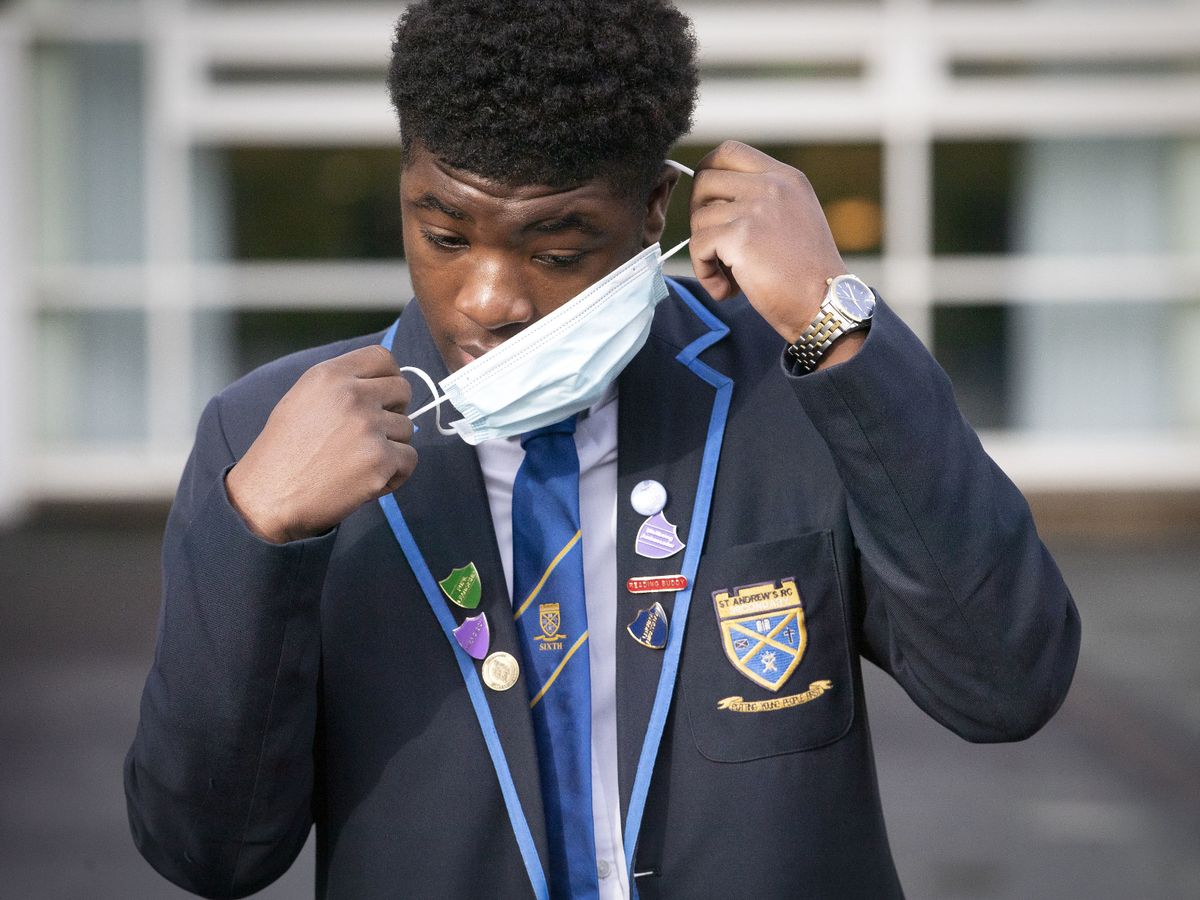John Swinney accused of lacking ‘urgency’ over need to close schools when Covid-19 pandemic hit Scotland
By Chris McCall
Copyright dailyrecord

John Swinney has been accused of failing to realise the “urgency” of the need to close schools during the early stages of the coronavirus pandemic in March 2020. The First Minister, who was serving as Education Secretary at the time, was giving evidence via video link to the UK Covid Inquiry today on the impact of the public health emergency on children. The SNP leader said he had hoped that classrooms could remain open until the Easter holidays in April 2020 to “give us a bit of a firewall” to help slow the spread of the virus . But Swinney admitted the “situation changed dramatically” during the week beginning March 16 and all schools were closed that Friday. Clair Dobbin KC, representing the Inquiry, showed Swinney an email sent by the SNP Government to local authorities in the first week of March warning that school trips overseas may not be able to go ahead. She said: “Despite the fact Covid-19 was in Scotland, there doesn’t seem to be any understanding on your part that overseas travel was now becoming completely, vanishingly unlikely and unrealistic?” Swinney said he was “essentially drawing the attention of the schools to the advice that’s available”. Dobbin continued: “Isn’t it that this doesn’t impart any urgency or any sense of the gravity of the position that schools were now facing?” Swinney was repeatedly pressed on why the SNP Government did not do more to help local authorities plan for the mass closure of schools. He told the Inquiry that shuttering schools was “not our preferred scenario” and insisted there was a “very short window” between the discovery of covid in Scotland on March 1 and the decision to close classrooms on March 20. But Dobbin suggested that was an “entirely artificial approach” as the Scientific Advisory Group for Emergencies (SAGE) had warned from mid-February that mass school closures were a realistic possibility. Dobbin asked: “You and the UK Government were at one mind in terms of really not wanting to close schools, as it was so seismic. But wasn’t that the very reason why all Governments of the UK needed to start at a much earlier stage of planning for the reality of what this would entail?” Swinney replied: “I think that’s a fair observation. Trying to contemplate how we could slow up the circulation of the virus was an issue that could have helped us in that endeavour. “But I would make the observation that the period of time before the realisation of the early cases of covid in Scotland, and the closure of schools, was a very short window indeed. “The first case was identified on March 1 and we made the announcement about the closure of schools on March 18.” Dobbin fired back: “Isn’t that an entirely artificial approach because it was being warned by SAGE from February onwards that mass school closures might be an eventuality in the event that the virus could not be controlled in the UK? Swinney responded: “And there were measures being taken to try and ensure the spread of the virus was interrupted. But as we know from events, those efforts were not effective, hence why we had to face up to the issue of school closures.” The Inquiry continues. To sign up to the Daily R ecord Politics newsletter, click here